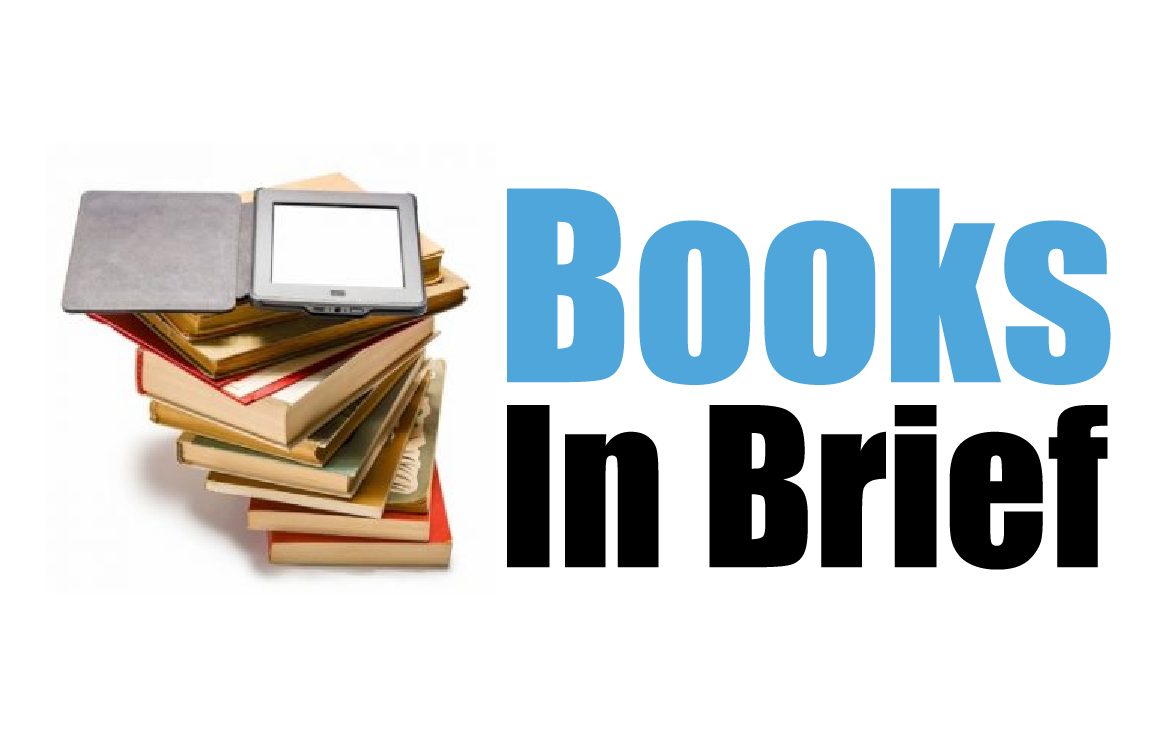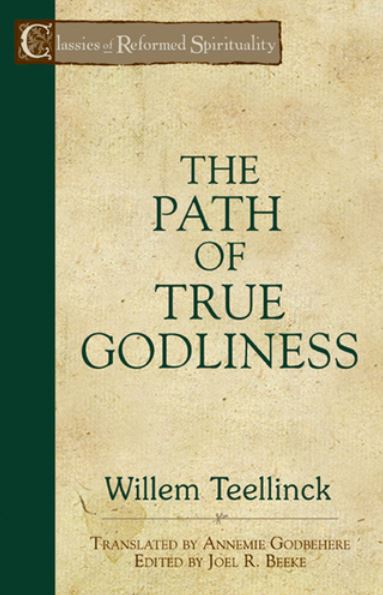Who am I to Judge?
“Judge not, that you be not judged.” (Matthew 7:1)
In a day and age where the Bible is increasingly dismissed, it is strange to hear so many appealing to Jesus’ words in the Sermon on the Mount. “Judge not, that you be not judged,” is one of the most quoted texts in the whole of the Bible. It is often quoted and misunderstood from within the Church. Likewise, it is frequently cited and misused by those out with the Church.
There are many who have misinterpreted the meaning of these words. For instance, Leo Tolstoy, the Russian novelist, grossly misapplied the verse by stating that Christ is forbidding judgement by law courts, “take no part whatever in the administration of the law.” The common usage within the church today tends to be, “I’m not judging,” or “who am I to judge?” Similarly, out with the church, we are likely to hear “don’t judge me,” or “is that not you judging?” Effectively, when framed as such, the implication is a prohibition against asserting that any specific course of action is wrong, whatever it may be, as that would be “judging someone.” We should never judge, we should never condemn any action, as tolerance is one of the highest of virtues. Is that the correct understanding of these words?
Continue reading “Who am I to Judge?”


